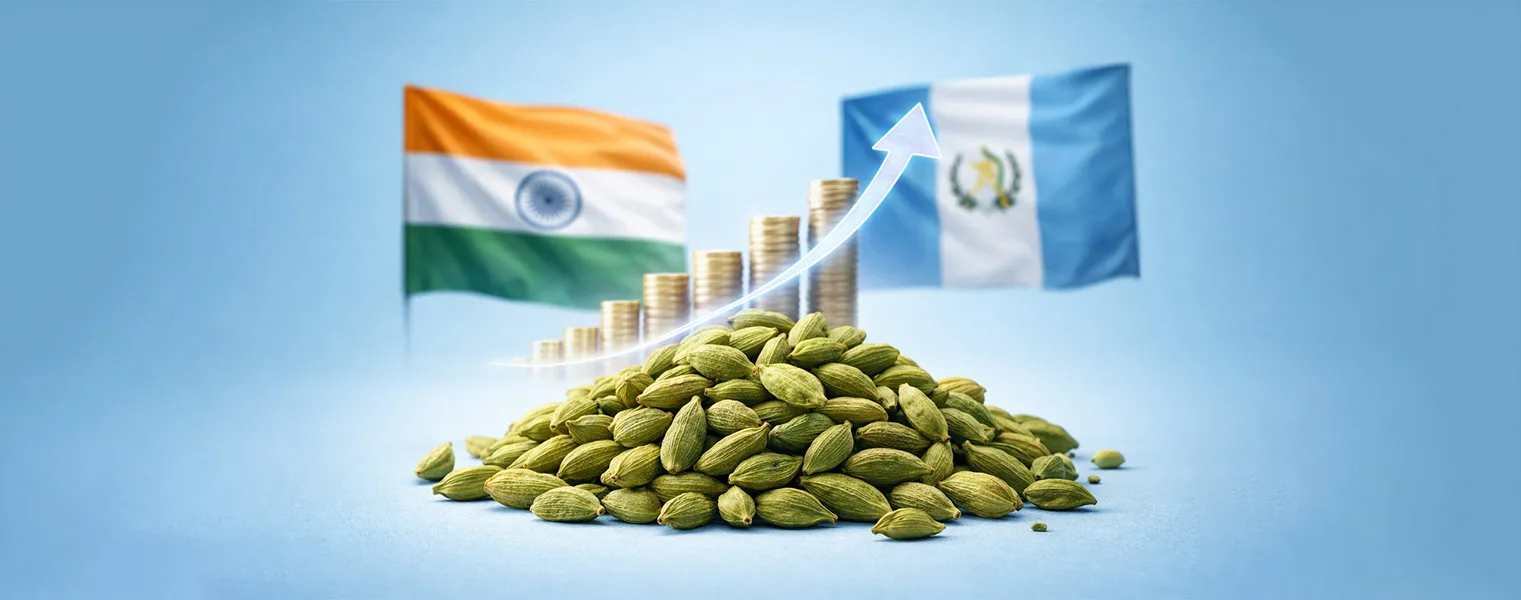
The hazelnut market is entering 2026 under fundamentally altered conditions, with Turkey at the center of a long-term price reset rather than a short-lived spike. According to market participants, the challenges of 2025 were not cyclical—they were st








